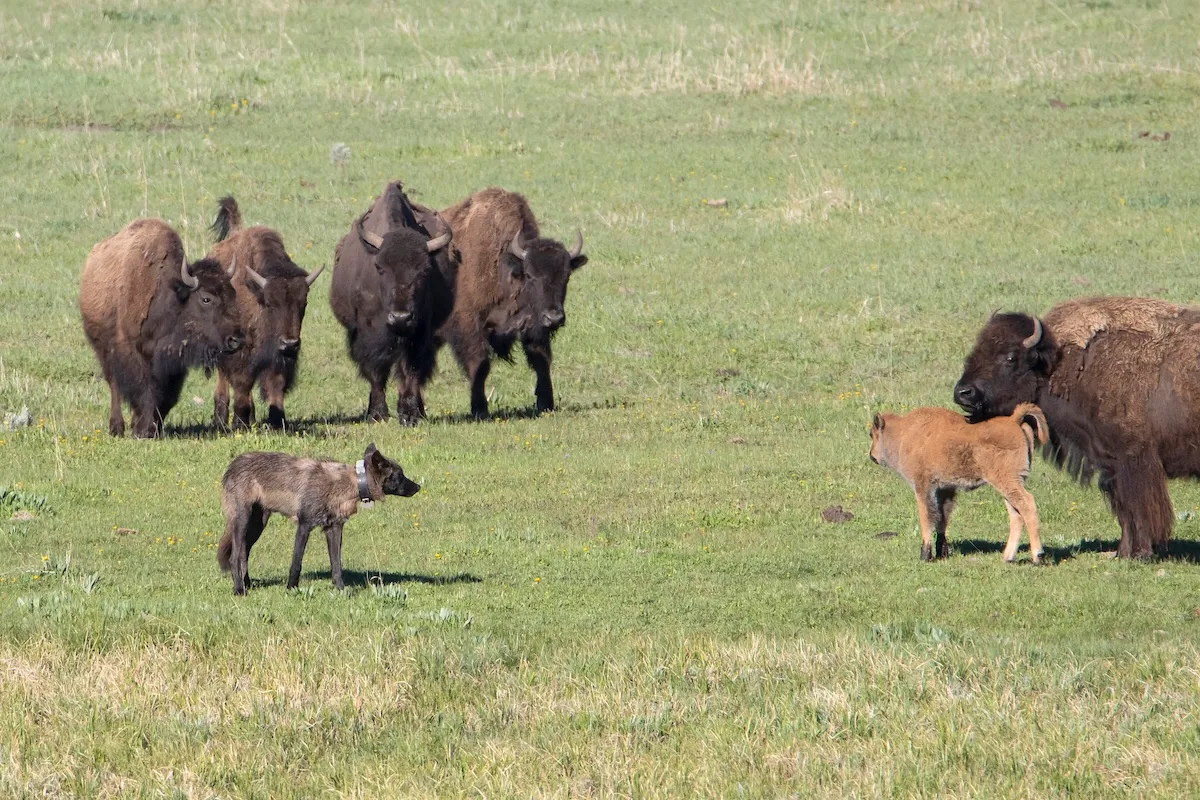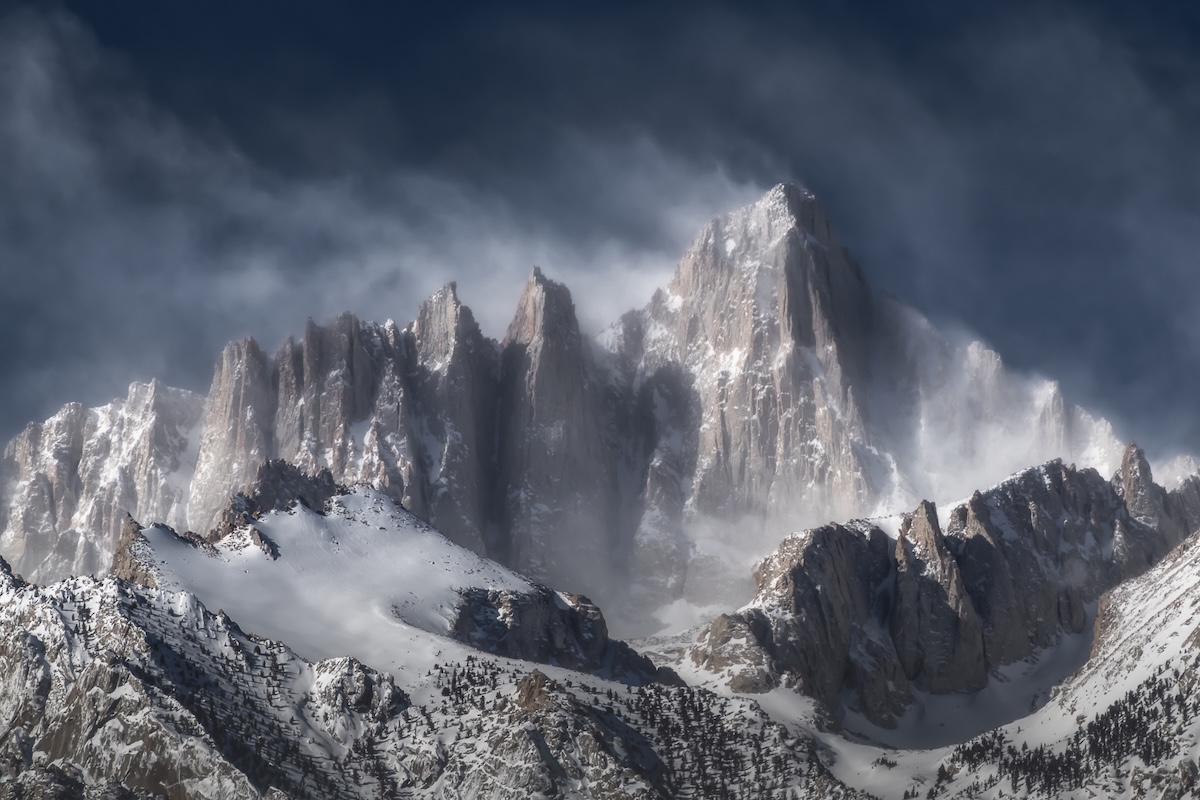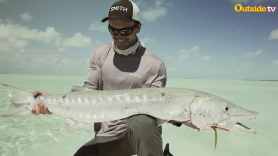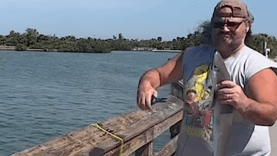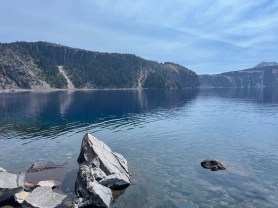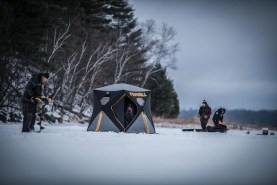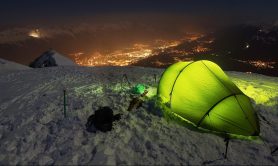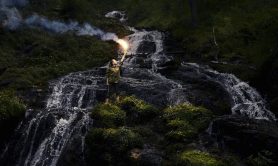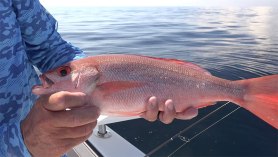

Fish are a fantastic survival food. They’re full of protein, healthy fat and vitamins and—unlike some other stuff that’s safe to eat in the wild—they taste good. Bear Grylls has often had to eat fish for sustenance during his expeditions in the wild, as he writes in How To Stay Alive.
Videos by Outdoors
Fish can be hard to catch, though, especially when you don’t have fishing gear. Luckily, he has a few tricks that he uses when he needs to catch some potentially life-saving food. However, Bear warns that some of the following methods are illegal in some places.
“These fishing methods are not for recreation—they’re for getting your hands on much-needed food when your life depends on it,” he says.
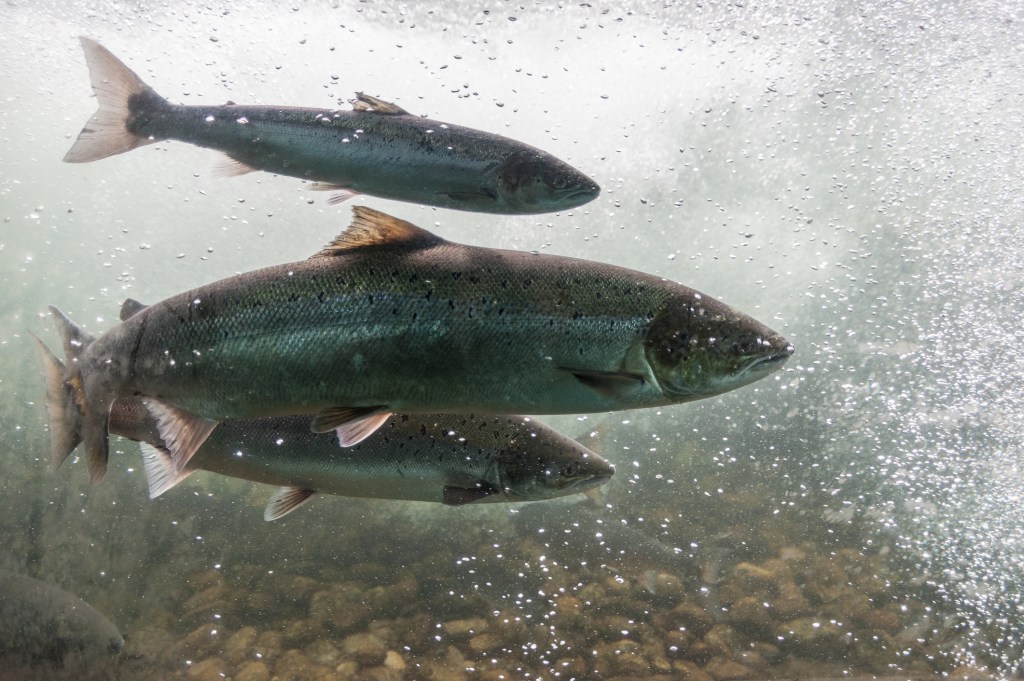
Plan your approach based on fish behavior
First things first: The weather may dictate your best location for a tasty catch. In hot and sunny weather, fish stay in the deeper, colder waters. If the weather is cold, they might move to the top to get some of the sun’s rays.
You’ll also want to inprove your odds by knowing where to look. Fish like to shelter under large rocks. They also like water that has trees hanging over it—falling berries and fruit are a good food source for fish.
You may have better luck in the evening than at other times of day, as that’s a time when insects hover above the water, so fish can be tempted to the top.
To bring more fish to you, you can also try scattering bait like worms, insects or berries onto the surface of the water.
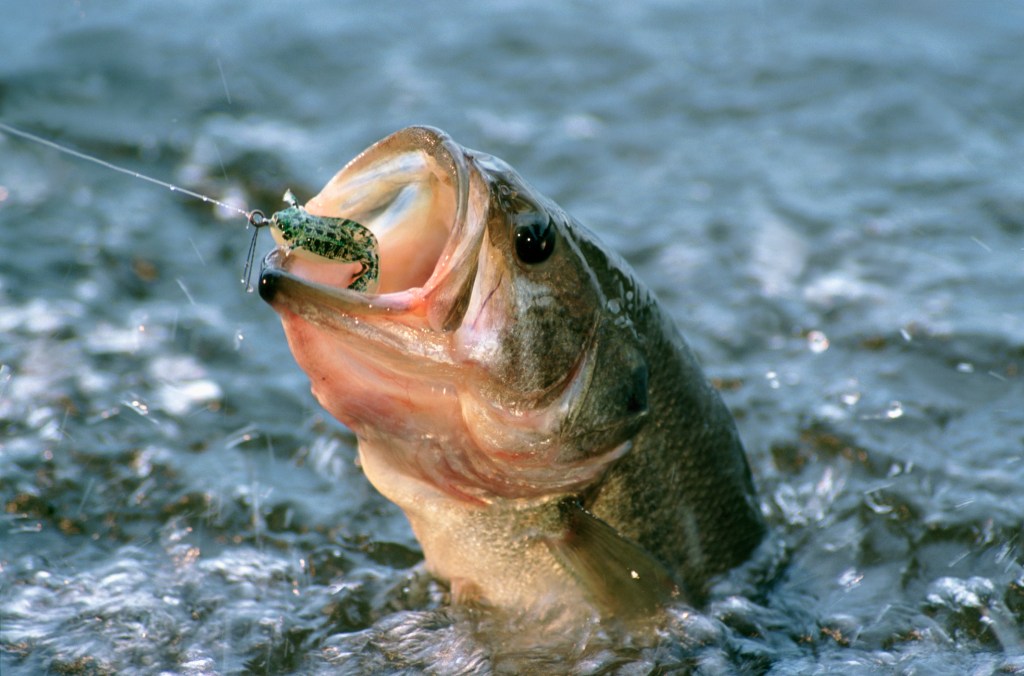
Set up a night line
Bear likes to make up a night line, by putting a few baited hooks along a piece of fishing line, as a passive form to (hopefully) catch breakfast. A word of warning: Before you go on an adventure, check whether this form of fishing is legal there.
To do, you’ll need a length of line. Affix a few hooks along it, then weight one end with a stone and attach the other end to a point on the river bank. Leave it for a few hours or overnight. In lieu of actual hooks, you can use thorns, splinters of wood or animal bone.
Use a gill net
If you have a net, set up a ‘wall’ of net so that the fish swim into it. You will need to weigh down the bottom and have floats at the top to keep the net open and ready. You’ll want to spread bait in the water inside the net to draw fish in.
“This is a very effective way of catching fish, so you should be sure not to leave it up too long or catch more than you need,” says Bear. It’s another fishing technique that’s illegal in some places, so check before you go trekking and plan accordingly.
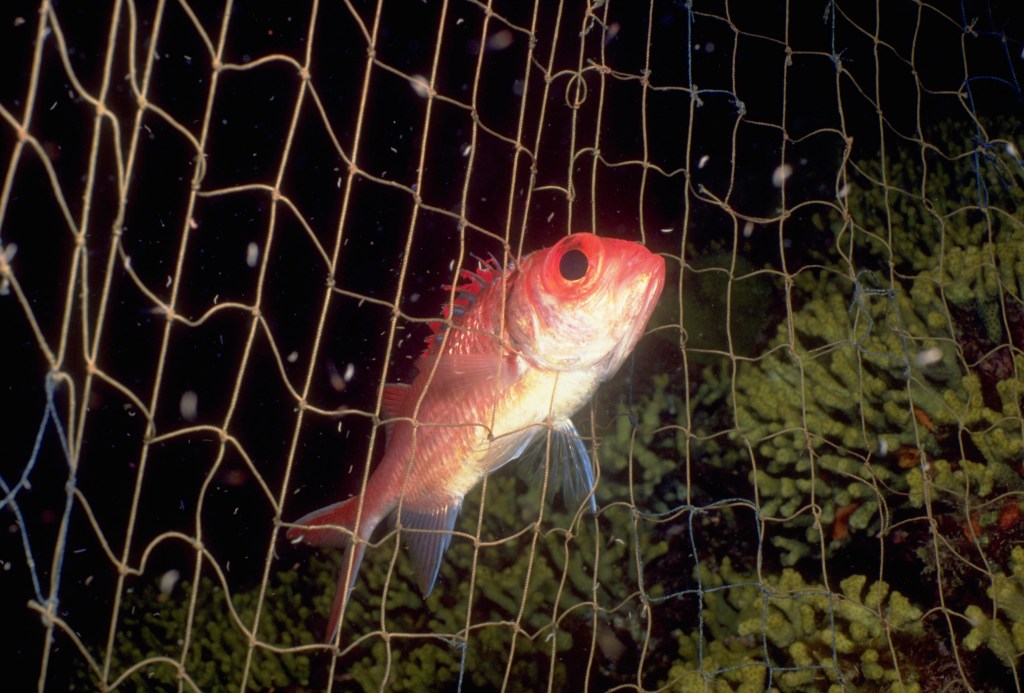
Make a fish trap
A repurposed plastic bottle makes a great fish trap: Cut around the top of the bottle and put the top of the bottle, nozzle down, back into the rest of the bottle. When small fish swim in, they can’t swim out easily. You can also weave a basket trap from flexible strips of sapling or vine, though this will take longer.
Put bait in your trap, weigh it down with some stones and attach fishing line or vine to prevent it from being swept away in the current. If you don’t have any line, basket-worthy vegetation or bottles, you can make a fixed trap with rocks or sticks, arranged in a shape that fish can enter but not leave easily.
“Place [your trap] in shallow water, with the opening facing the direction of the current,” says Bear. “If you can, set several of these traps. You’ll only catch small fish, but in a survival situation, every mouthful of food is valuable. And lots of small fish make a big meal.”
Don’t waste your catch
When you catch and gut a fish, keep the innards to use as bait for your next meal.
You can also use fish as a source of fresh water when reserves are in short supply or found water is contaminated. Cut the fish flesh up into pieces, place them in a cloth and wring out the moisture into a container, which you can then drink.
“There’s water in the eyeballs, too, and fluid along the spine,” says Bear. “Cut the fish in half to get to it.”
However, you should avoid drinking fish blood if you are short of other fluids, as blood uses up valuable water reserves to digest.
More from Bear Grylls:
- How to Build Shelter in a Forest
- How to Survive Sub-Zero Temperatures
- What to do If You’re Bitten by a Snake
- How to Navigate Without a Compass
- How to Deal with Injuries in Survival Situations
- How to Find Water in the Mountains
- Making Shelter in the Snow
- Priorities of Survival
- How Bear Grylls Lights a Fire
- How to Build a Jungle Raft
- Bear Grylls: Food in the Mountains Pt. 1
- Bear Grylls: Food in the Mountains Pt. 2
